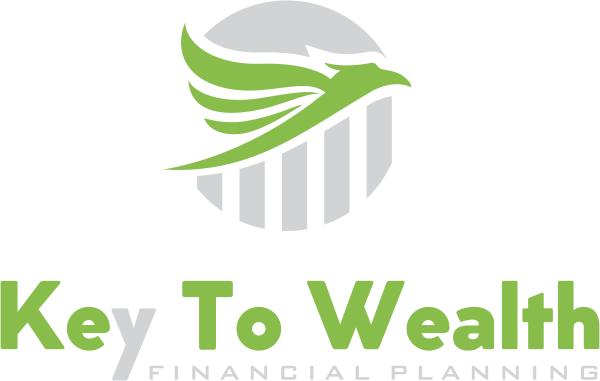The Unmatched Value of Human Life and the Role of Life Insurance
A nation’s true wealth is not in its material possessions but in the potential, creativity, and resilience of its people. Dr. Solomon S. Huebner, revered as the “Father of Life Insurance,” eloquently emphasized this principle: “It is human life values that cause property to have value. If it were not for life value, there would be no property value.” This profound perspective continues to shape our understanding of wealth and the critical role life insurance plays in safeguarding it.
Understanding Human Life Value (HLV)
Dr. Huebner introduced the concept of Human Life Value, which quantifies a person’s economic worth in terms of their earning potential, societal contributions, and ability to support dependents. This concept reveals a striking reality: the majority of an individual’s economic contribution stems from their life value rather than their tangible assets.
For instance, consider a skilled professional earning ₹20 lakhs annually with 20 years of active work life remaining. Their life value would amount to ₹4 crores, far exceeding the value of any property or savings they might own. Yet, this immense economic potential is vulnerable to unforeseen circumstances. This is where life insurance steps in.
The Role of Life Insurance
Life insurance bridges the gap between life value and material wealth, ensuring families are protected from financial instability. Its benefits extend beyond monetary compensation to safeguarding human dignity and ensuring economic independence.
- Protecting Human Potential
Life insurance ensures that even if the breadwinner is lost, their family’s financial aspirations remain intact. For instance, a ₹1 crore life insurance policy for a young professional secures their family’s future despite any untimely tragedy.
- Catalyst for Economic Stability
Life insurance contributes to national development by mobilizing savings and providing a safety net for families. During economic crises, insurance payouts stabilize households and prevent societal regression.
- Preserving Emotional Value Properties and legacies often carry sentimental worth. Life insurance protects such assets, ensuring that family homes or businesses are not lost due to financial hardships.
Why Life Insurance is a National Priority
A nation thrives on the productivity and ingenuity of its citizens. By securing human life value, life insurance fosters economic stability, ensures continuity in businesses, and reduces societal burdens. It acts as a financial equalizer, replacing the lost potential of individuals and ensuring their dependents thrive. Here’s an enhanced and polished version of your statement:
According to Adam Smith, the primary objective of man’s economic activities is the creation of wealth. However, Alfred Marshall introduced a broader perspective, emphasizing that wealth is merely a means to an end—the end being the welfare of mankind and the improvement of life’s quality. In this context, life insurance emerges as a unique instrument capable of safeguarding the intangible wealth of an individual. Human Life Value (HLV) represents the true wealth of a person, reflecting their earning potential, contributions, and the economic security they provide to their dependents. By protecting this invaluable asset, life insurance ensures the continuity of welfare and quality of life, even amidst life’s uncertainties.
A Call to Action
The financial planning community must advocate for life insurance as a cornerstone of every family’s financial strategy. As Dr. Huebner aptly noted, “Protect the 90% (life value), and the 10% (property) will take care of itself.” By prioritizing life value, we not only safeguard families but also contribute to a stronger, more resilient economy.
In a world where uncertainties abound, life insurance remains the bridge between potential and prosperity—a timeless testament to the immeasurable value of human life.
